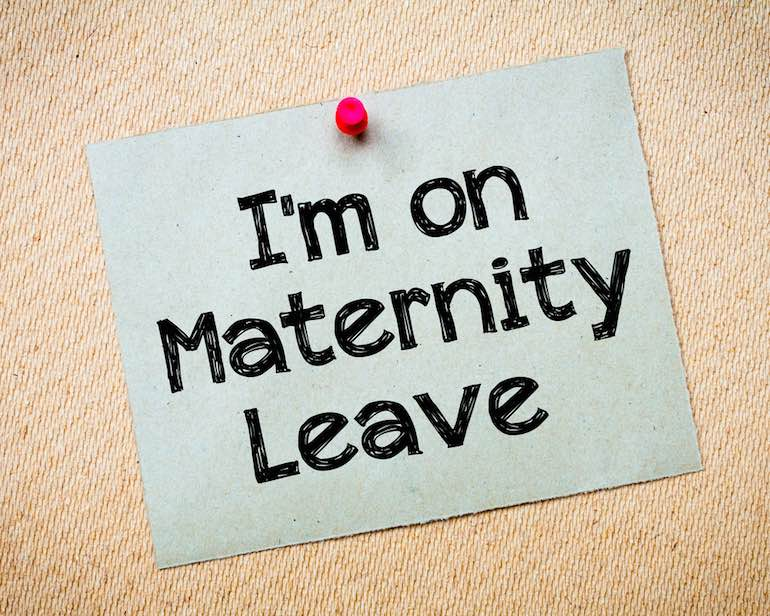Now Reading: What Happens After You Are Charged With An Assault?
-
01
What Happens After You Are Charged With An Assault?

What Happens After You Are Charged With An Assault?
In Canada, there are various forms of assault and each has its own consequences which are highly influenced by the severity of the offense. The factors that determine what charges apply to a particular type of assault can be very specific. To give our readers a clear perspective on the legal interpretation of assault along with some of the common types of criminal assault as well as their potential; penalties, we discussed everything in detail below.
What Is Assault?
Assault is commonly interpreted as a physical attack or violence. However, it can include any sort of behavior that threatens the safety of an individual which can be possible without even laying a finger on someone.
According to the Criminal Code of Canada under section 265(1), an assault is committed by an individual when a person-
- applies force to other personal forcefully whether directly or indirectly without their consent.
- threatens another person physical or by gesture, or an act that gives the other persona a reason to believe that he can attack them
- tries to threaten the person while carrying or wearing any kind of weapon
It may or may not include physical force but whenever someone uses any act or gesture that gives the victim a reasonable ground that their life could be in danger or that they could be attacked, then it will be considered an assault. To prove assault in the court of Canada there doesn’t have to be evidence of a physical force such as scars, marks, injury, or bruising but the victim should simply be able to prove that there was the intent.
Along with this, to prove an assault, the victim should also be able to prove in court that the action of the perpetrator was without their consent.
Here are the different kinds of assault that the perpetrator can be charged within the court of Canada
Simple Assault
Simple assault is among the most common types of assault that the perpetrator can be charged with. The severity of this offense ranges from something as basic as a small shove to something more serious such as a brawl.
As far as the charges go, for less serious offenses, the perpetrator can receive a normal slap on the wrist if they are a first-time offender, however, if the case is more serious then the offender can even face up to five years in prison.
Assault with Weapon
When the perpetrator uses a weapon to threaten a person whether it is used for an imitation or it causes physical harm to someone, it will be concluded as an assault with a weapon. Depending on its use, anything can be considered a weapon including, a gun, knife, even a pen or a bottle or a frying pan that is used to threaten or physically harm the person.
Whenever someone is charged with assault with a weapon, they can expect anywhere from 18 months to 10 years in prison based on the severity of the offense.
Assault Causing Physical Harm
Assault causing bodily harm differs from simple assault because in this case, the victim has to be physically hurt to charge the perpetrator with this offense. This is punishable with up to 18 months to 10 years of imprisonment.
Aggravated Assault
Aggravated Assault is for more serious injuries that are often permanent. It has its own branch of assault in the Canadian code that usually results in potentially life-changing harm or even death of the victim. Aggravated assault is an indictable-only offences in which the perpetrator can receive a maximum sentence of 14 years in prison.
Sexual Assault
Sexual Assault is considered a very serious offense in the court of Canada. It happens when a person tries to establish sexual or physical contact with another person without their consent or sometimes it may also include a threat or an act of violence.
Sexual assault can include anything from groping to sexual abuse and rape. Based on the severity, the perpetrator can receive a summary conviction of up to 18 months in prison to up to 14 years in prison. If the age of the offender is less than 16 years then he may face from a minimum of six months in person to 10 years in prison.
What To Do After You Are Charged With An Assault
There are certainly an overwhelming amount of angles and results that can be taken into consideration whenever someone is charged with an assault. If you are charged with an assault then your first step should be to hire An Assault Lawyer David Genis who has an excellent reputation in the Toronto region for handling all types of assault and technical cases.












